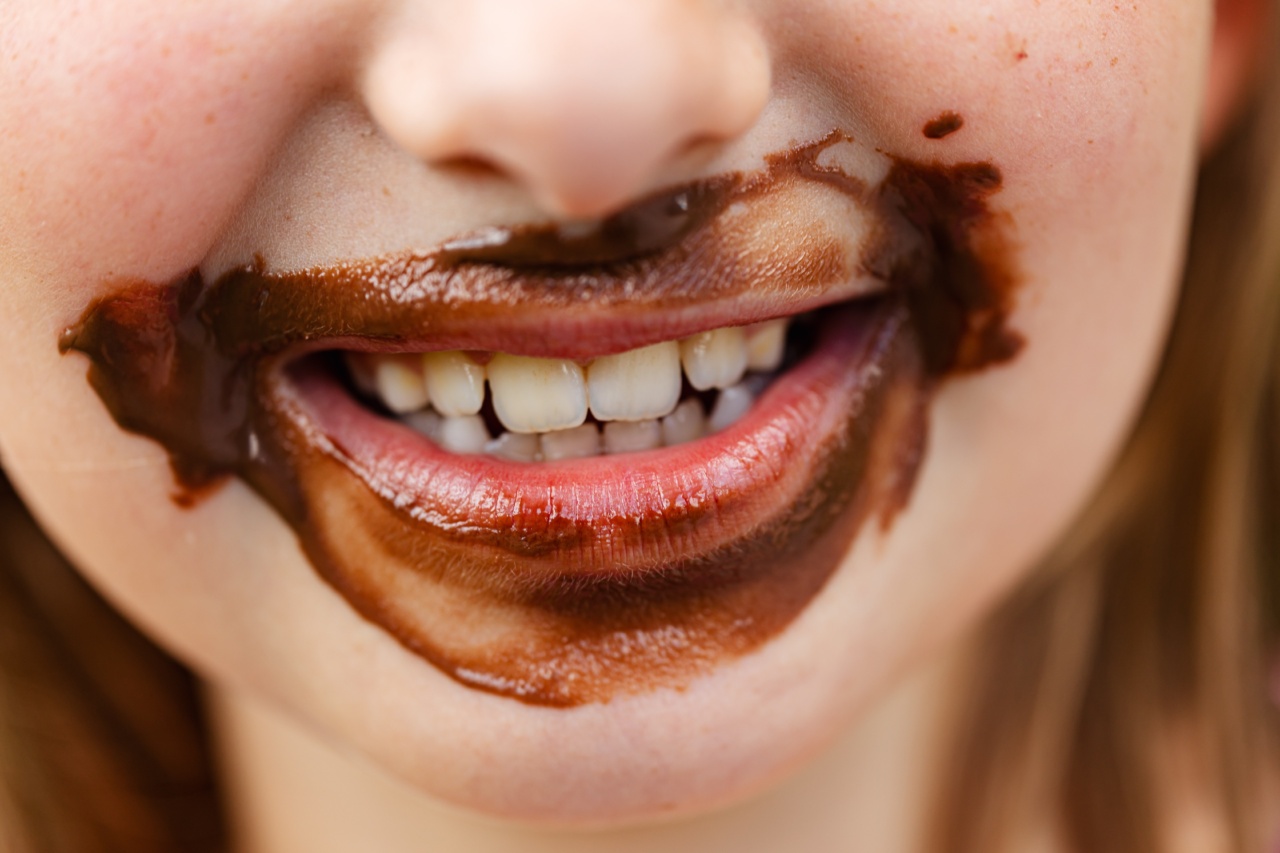Sugar is present in nearly everything that we eat and drink, from obvious sources like candy and soda to hidden sources like fruit juices and granola bars.
While consuming sugar in moderate amounts is not necessarily harmful to our overall health, the excessive intake of sugar can lead to a host of dental problems in children, including cavities and tooth decay.
Understanding Sugar and Oral Health
The bacteria that naturally inhabit our mouths form a sticky film called plaque that can erode tooth enamel and cause decay.
When you consume sugar or other carbohydrates, bacteria in the mouth produce acid, which can attack the teeth and lead to cavities. This is why consuming sugar in large quantities or frequency can be detrimental to children’s oral health, as they are still developing good dental habits and methods of dental hygiene.
The World Health Organization recommends that adults and children alike should consume no more than 10% of their daily calories from added sugar. For children, this translates to around 25 grams or six teaspoons of sugar per day.
However, studies have shown that children consume far more sugar than is recommended, with some consuming up to four times the recommended amount daily.
Creating Healthy Habits for Children
While it is important to limit the intake of sugar for children, it is also essential to teach children the importance of good dental hygiene habits and regular visits to the dentist.
Parents can help reduce their children’s sugar consumption by incorporating healthy alternatives into their diets, such as fruits, vegetables, and whole grains. Freshly squeezed juices and smoothies can make a great natural alternative to store-bought and sugary beverages.
Children should also be encouraged to brush and floss their teeth at least twice a day and are taken to the dentist regularly.
While children may not always understand the importance of healthy dental habits, parents and guardians can emphasize the positive effects that taking care of their teeth can have on their overall health and well-being.
Common Sugary Culprits
While candy and soda are obvious sources of sugar, there are many hidden sources of sugar which may contribute to oral health problems in children. Fruit juice and flavored milk can be high in sugar, making them a culprit of cavities in children.
Energy drinks, sports drinks, and even some types of water can also contain added sugar. Many processed foods can also be high in sugar, including granola bars, flavored yogurt, and cereal.
In addition, sugar can hide under many names on ingredient lists, including sucrose, fructose, glucose, and corn syrup, among others.
As a result, it can be challenging to spot sugar in some products, making it crucial to read labels carefully and promote whole food options whenever possible.
Preventing Cavities and Tooth Decay
Tooth decay is a common problem in children that can lead to pain, abscesses, and other dental problems. However, taking steps to prevent cavities can ensure that your child’s teeth remain healthy.
Parents can assist in promoting dental hygiene by implementing a few simple steps, including:.
- Regular brushing and flossing
- Balancing sugar intake with healthy food options
- Limiting juice and sugary beverages
- Scheduling regular dentist appointments
- Reading labels and choosing whole food options
Conclusion
While sugar is delicious, the negative effects that it can have on our oral health cannot be ignored.
While limiting sugar intake in children is essential, it is equally important to promote healthy dental hygiene habits and regular visits to the dentist. Helping your child develop good dental habits can ensure a lifetime of healthy smiles.




























